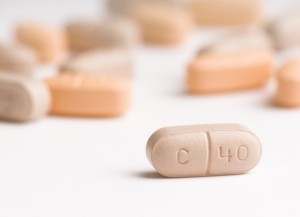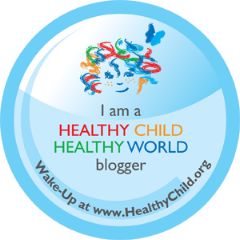Tuesday Tidbit: Calcium Supplements Bad News?
Did you hear? A recent study found a 30% increase in heart attack risk for older people taking calcium supplements of 500 mg. or more a day. That means that at that amount, the supplements are likely to cause more heart-related problems than the number of bone fractures they prevent. Yikes!
What to do? Talk to your doctor, but it might be prudent to limit your high-dose supplementation for now – try getting your 1,000 mg./day from dietary sources, and if you need to make up a bit, ask your doc about taking a low dose in supplement form (300 to 500 mg.). That’s my plan. We’ll watch this one!
© 2011, Sarah. All rights reserved.
-
Elizabeth
-
Jennifer











